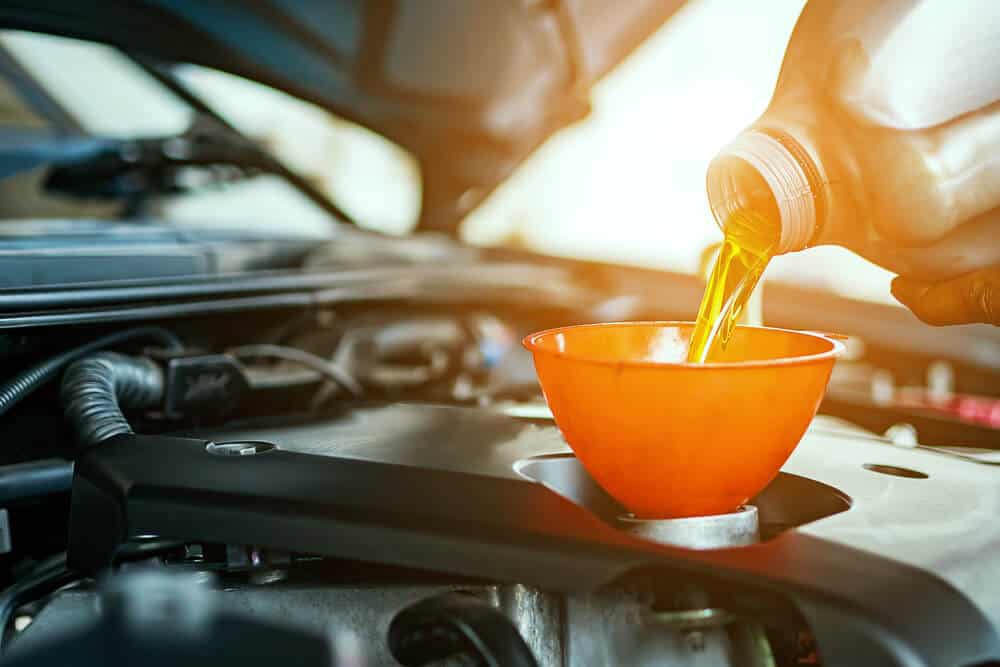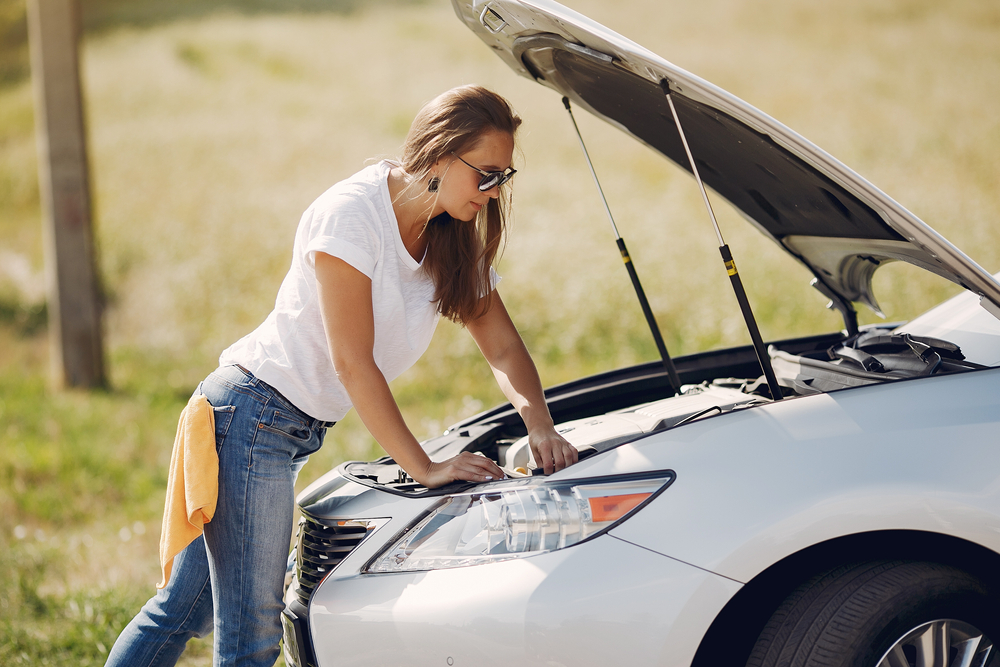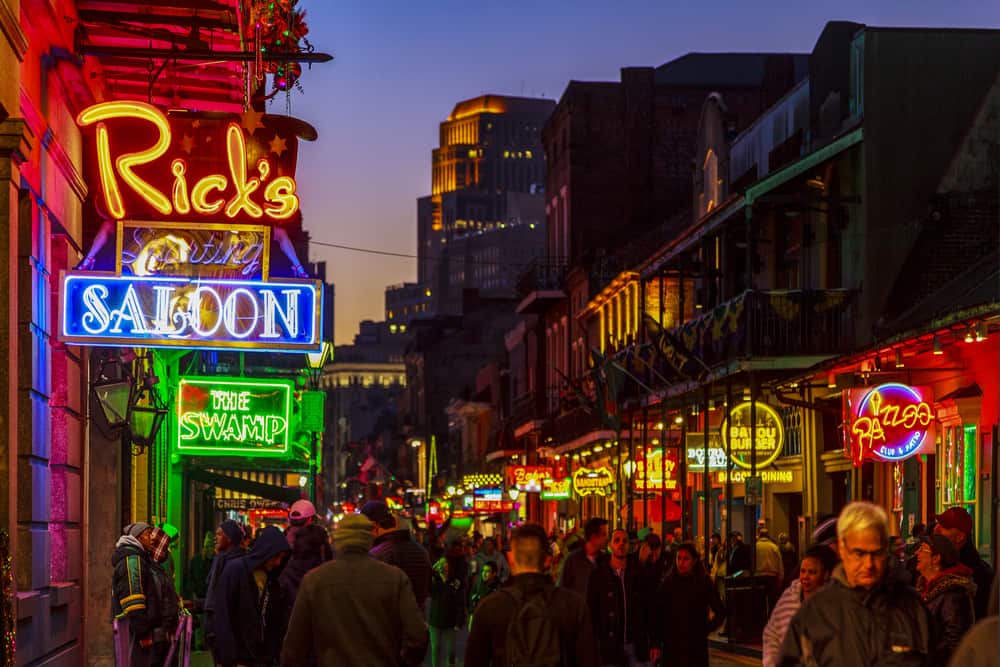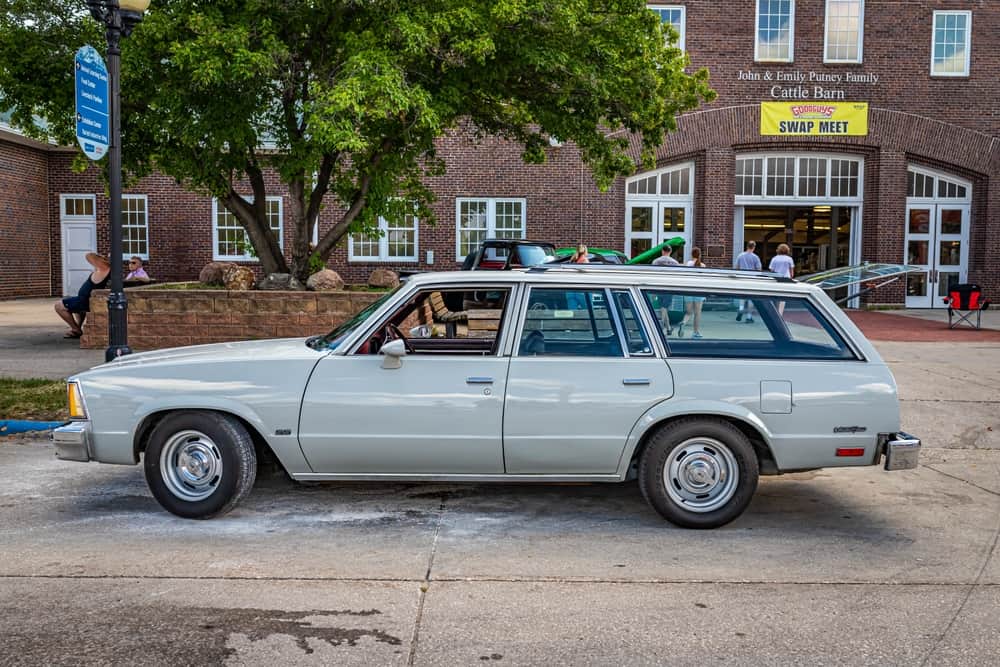9 Tips on How to Drive Safely in Big Easy Winters
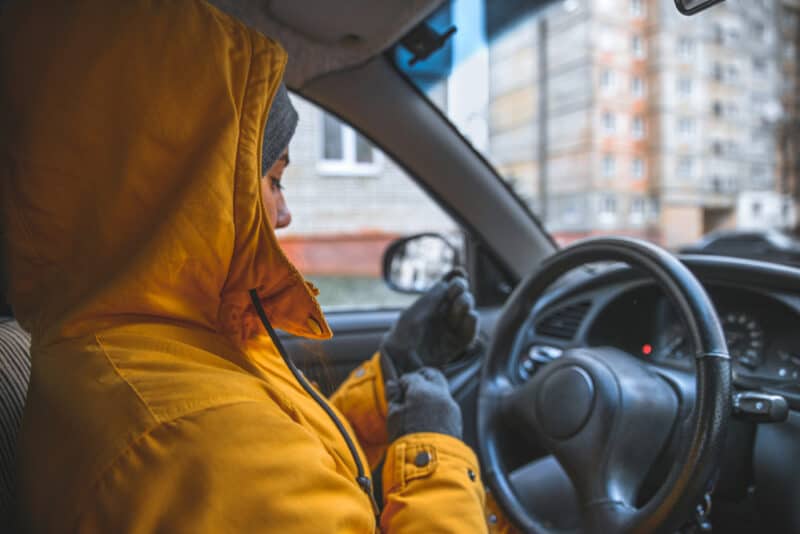
Anyone who owns a car in Louisiana knows that car insurance is a necessary expense. Louisiana requires drivers to have – at the least – $15,000 in bodily injury liability for one person, $30,000 in bodily injury for two or more persons and $25,000 in property damage liability. Having the proper amount of insurance is critical at all times, but can be especially necessary when driving in less-than-favorable conditions.
As the weather gets colder and winter sets in, driving conditions will become more treacherous. Icy roads, poor visibility, and increased traffic can all make for dangerous situations. If you’re planning on driving in New Orleans this winter, here are our top 10 tips to help you stay safe.
1. Make Sure Your Vehicle Is in Good Working Condition
Ice and snow can be hard on your car, so it’s important to have it serviced and checked before hitting the road in New Orleans.
There are a few key things you should do to winterize your car. First, change the oil and check all of the fluid levels. This will help to keep your engine running smoothly. Next, check your tires and make sure they have enough tread. In snowy conditions, good tires are essential for safety. Finally, have your battery tested. Cold weather can put a strain on batteries, so it’s important to make sure yours is up to the task.
2. Give Yourself Extra Time to Get Where You’re Going in New Orleans
One of the most important things to keep in mind while driving in the winter is to give yourself extra time to get where you’re going. This is because weather conditions can make driving dangerous and even impossible at times. Roads may be icy or covered in snow, visibility may be reduced, and traffic may be heavier than usual. By giving yourself extra time, you help ensure that you arrive at your destination safely and on time.
3. New Orleans Drivers Should be Defensive
4WD and AWD vehicles have an advantage in winter weather, but even the best tires can’t always keep your vehicle from sliding on ice. Be aware of other drivers and give yourself plenty of space in case someone loses control.
Because winter driving can be tricky, one of the best ways to stay safe on the road is to practice defensive driving. This means being aware of both your own limitations and the capabilities of your vehicle. For example, you should give yourself extra time to brake and accelerate, and avoid sudden turns or lane changes. In addition, you should be aware of potential hazards on the road, such as black ice or melting snow. If you can’t see the painted lines on the road, it’s best to slow down and proceed with caution.
4. Know Your Limits on an Icy Big Easy Road
If the weather is really bad, it might be best to just stay home and cozy up with a beignet from the French Quarter. Driving in these conditions can be extremely dangerous, and it’s not worth risking your safety or the safety of others.
Of course, sometimes you may have no choice but to venture out into the wintry weather. If that’s the case, make sure you drive carefully, are well-equipped for the trip, and always keep an eye out for other motorists who may not be as prepared as you are.

5. Know When to Call for Help: Roadside Assistance
If you do find yourself in an accident or stranded on the side of the road, stay with your car and call for help. Don’t try to walk somewhere in a storm since you could easily lose your way or get injured.
Instead, purchase a roadside assistance plan before winter comes. With roadside assistance, you can call for help and someone will come and assist you. In the meantime, you’ll be able to stay warm and dry inside your car and keep an eye on the weather conditions. With a little patience and caution, you’ll soon be back on the road.
6. Be Prepared for the Louisiana Winter with an Emergency
Even if you’re the best driver in the world, winter weather can still present a challenge. Icy roads, snowstorms, and unexpected closures can all lead to dangerous situations. That’s why it’s always a good idea to keep an emergency kit in your car during the winter months. Your kit should include a shovel, sand or salt, flares, a first-aid kit, and a warm blanket. With these items on hand, you’ll be prepared for anything the winter throws your way.
7. Use Extra Caution on New Orleans’ Elevated Surfaces
Bridges, overpasses, and other elevated surfaces tend to freeze first in cold weather. Therefore, it’s wise to be extra cautious on them while driving during Big Easy winters. Take extra care when cruising along the Lake Pontchartrain Causeway and other roads that are elevated or located near bodies of water.
8. Always Keep Your Gas Tank at Least Half Full
One common problem during winter is ice buildup in the fuel line of your vehicle, which can prevent your car from starting. To avoid this, it’s important to keep your gas tank at least half full. This will help keep the fuel line warm, preventing ice from forming.
9. Don’t Use Cruise Control in Rainy, Snowy or Icy Conditions
Cruise control is a great way to save gas and reduce wear on your car, but it’s not meant for use in all driving conditions. In particular, you should avoid using cruise control in rainy, snowy or icy weather because it can make it harder to regain control of your car if it starts to slide.
When the road is covered in snow or ice, it’s important to be able to brake smoothly and gently, and cruise control can prevent you from doing this. In addition, cruise control can cause your car to accelerate on slippery roads, making it more likely that you’ll lose control. So next time the weather takes a turn for the worse in the Big Easy, remember to turn off your cruise control.
Explore Low-Cost Auto Insurance Options in New Orleans Today
USAgencies can help you to stay safe in the Big Easy this winter. Because, when all else fails, quality insurance is there for you in the event that something goes wrong.
USAgencies offers a wide range of insurance options, so you can find a policy that fits your needs and budget. Get a quote online today, visit us at the nearest office, or call us at 800-420-3712.
